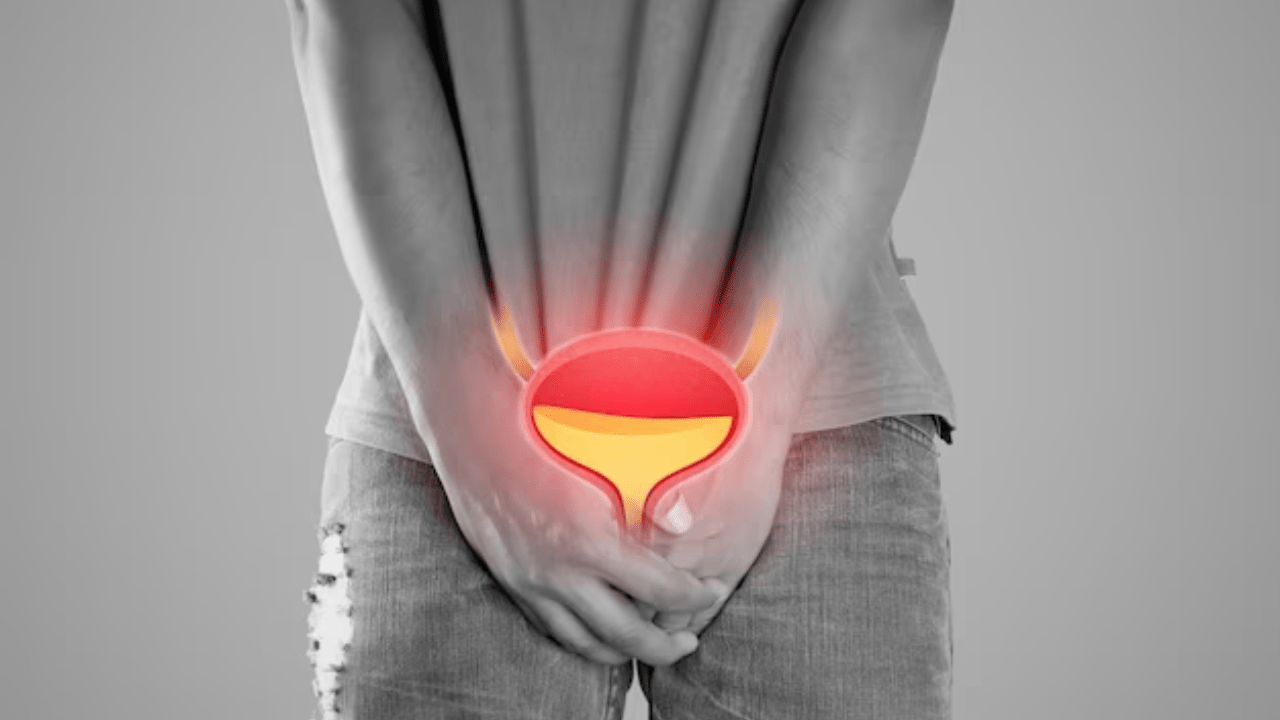
Stress Urinary Incontinence
Stress Urinary Incontinence (SUI) is a common form of urinary incontinence that occurs when there is increased pressure on the bladder, leading to unintentional leakage of urine. This condition is often associated with activities or movements that put stress or pressure on the abdomen and pelvic region.
What is a Stress Urinary Incontinence?
What causes Stress Urinary Incontinence?
SUI is often caused by weakened or damaged pelvic floor muscles and tissues that support the urethra. Factors such as pregnancy, childbirth, obesity, aging, and certain medical conditions can contribute to the development of SUI.
Who is more likely to experience Stress Urinary Incontinence?
While both men and women can experience SUI, it is more common in women. Pregnancy, childbirth, and hormonal changes associated with menopause increase the risk.
What are the symptoms of Stress Urinary Incontinence?
The primary symptom is the unintentional leakage of urine during physical activities that stress the pelvic floor. Individuals with SUI may also experience a frequent urge to urinate.
How is Stress Urinary Incontinence diagnosed?
Diagnosis may involve a medical history review, a physical examination, and tests such as a cough stress test or urodynamic studies to assess bladder function.
Can Stress Urinary Incontinence be treated without surgery?
Yes, non-surgical treatments for SUI include pelvic floor exercises (Kegel exercises), behavioral therapy, weight management, and the use of devices like pessaries. These approaches are often tried before considering surgery.
What are Kegel exercises, and how do they help with Stress Urinary Incontinence?
Kegel exercises involve contracting and relaxing the pelvic floor muscles to strengthen them. These exercises can improve the support of the bladder and reduce symptoms of SUI.
Is weight management important for managing Stress Urinary Incontinence?
Yes, maintaining a healthy weight is important as excess weight can contribute to increased pressure on the pelvic floor and worsen symptoms of SUI.
What You Need to Know Before Your Appointment
It’s best to be prepared when coming in for your appointment and therefore we recommend bringing the following when you visit us
All Previous Investigations
This includes any X-rays, MRI, CT Scans and their reports, new as well as old
List of Your Medications
A well formed list of medications will help us decide which medications will not react with others you might be taking
Previous Surgery Documents
If you have undergone a surgery before, any documents pertaining to that time will be helpful in understand what was done at that time
Tips For Keeping Your Urinary Healthy

Mrs. Anjana
Above image is of her after undergoing a total knee replacement.




